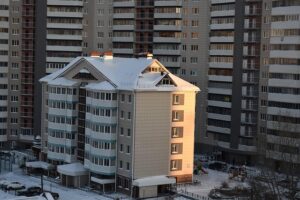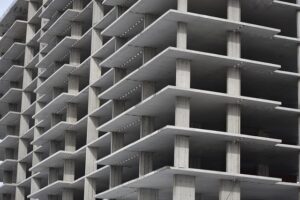Decoding EC Pricing in Singapore: Factors and Trends in the Property Market
The average price of Executive Condominiums (ECs) in Singapore has seen a consistent rise, influenced by a variety of factors including strategic government policies aimed at maintaining affordability and stability in the housing market. These policies target…….

The average price of Executive Condominiums (ECs) in Singapore has seen a consistent rise, influenced by a variety of factors including strategic government policies aimed at maintaining affordability and stability in the housing market. These policies target middle-income families and regulate resale conditions to ensure ECs remain accessible. Market trends from recent launches like Parc Canberra, Rivercove Residences, and Piermont Grand have set benchmarks for pricing, reflecting both demand dynamics and buyer sentiment in a competitive real estate landscape. To gauge the average price of ECs accurately, it's essential to consider location, unit size, developer reputation, and the broader economic context that shapes these market movements. Understanding these factors is crucial for anyone looking to purchase an EC or invest in this segment of Singapore's property market.
navigating the property landscape of Singapore, understanding the dynamics of Executive Condominium (EC) pricing is key for both current and prospective homeowners. With a unique status that bridges the gap between public and private housing, ECs offer an attractive option with competitive average prices compared to other housing types in Singapore. This comprehensive article delves into the various factors influencing EC prices, from market trends and government policies to developer reputation and unit sizes. We will analyze recent launches, dissect the breakdown of costs involved, and provide insights into financing options. Additionally, we’ll explore future price trends and offer essential tips for buyers looking to make informed decisions in this vibrant property market. Join us as we unravel the intricacies of EC pricing in Singapore, ensuring you have a clear understanding of what drives these prices and how they compare to other housing options available.
- Understanding EC (Executive Condominium) Pricing in Singapore
- Market Overview: EC Prices Trends in Recent Years
- Factors Influencing EC Prices in Singapore
- Average Price Analysis of New vs Resale ECs
- Breakdown of Costs: Construction, Land Sales, and Additional Fees
- Location and Its Impact on EC Prices in Singapore
- Developer Reputation and Branding Effects on EC Pricing
- Unit Sizes and Their Correlation with Market Rates
- The Role of Government Policies in Shaping EC Prices
- Case Studies: Analyzing Recent EC Launches in Singapore
Understanding EC (Executive Condominium) Pricing in Singapore
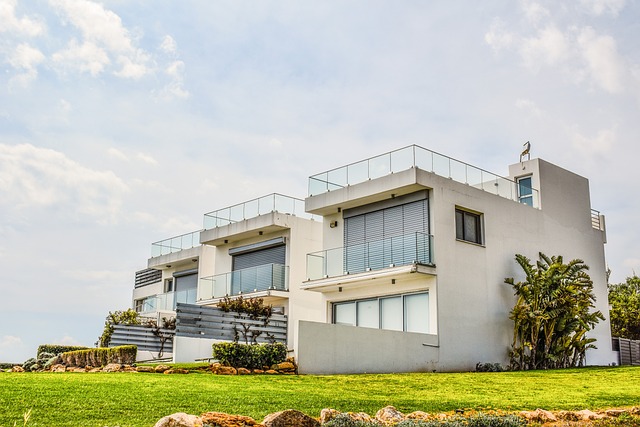
In Singapore, the Executive Condominium (EC) market presents a unique segment for homebuyers seeking a balance between the affordability of public housing and the luxuries of private condominiums. The average price of ECs in Singapore has been influenced by various factors, including location, development maturity, and market demand. Prospective buyers looking at the average price of ECs in Singapore will find that these figures can vary significantly across different regions. For instance, ECs situated in mature estates or near transport nodes tend to command higher prices compared to those in less established areas. The pricing also reflects the dwindling eligibility period for applying for a resale HDB flat after acquiring an EC, which stands at 5 years from the date of acquisition as of the latest update. This dynamic pricing structure underscores the importance for potential buyers to stay informed about the latest trends and policies that affect EC prices in Singapore.
Understanding the average price of ECs in Singapore requires a nuanced look at the property market’s current state, including recent launches and the overall economic climate. Prices are often determined by a combination of factors such as unit size, the number of bedrooms, amenities, and the reputation of the developer. Additionally, government policies, such as the restriction on EC eligibility which was tightened in 2019 to increase home ownership rates among Singaporeans, have had a profound impact on the EC market. These policies, along with population growth and employment trends, are critical to consider when assessing the average price of ECs in Singapore. Potential buyers should also keep an eye on the resale market, as prices there can provide insights into the potential appreciation or depreciation of EC values over time.
Market Overview: EC Prices Trends in Recent Years

The Executive Condominium (EC) market in Singapore has witnessed a dynamic trend in pricing over recent years, reflecting both market demand and policy-driven shifts. The average price of ECs in Singapore has been on an uptrend, influenced by a combination of factors including economic growth, population growth, and limited supply. In 2018, the introduction of the Selective En Bloc Redevelopment Scheme (SERS) for mature estates spurred interest in existing ECs, particularly those that were part of these designated areas. This led to a noticeable increase in prices for these properties. The trend continued as buyers, enticed by the prospect of living in homes with the potential for upgrading to public housing, competed for available units.
From 2019 to 2022, EC prices in Singapore saw a steady climb, buoyed by an undersupply of new EC projects and robust demand from both first-time homeowners and upgraders. The average price of ECs surpassed the $300,000 mark in many areas, with some developments achieving even higher benchmarks. The pandemic years introduced a new dimension to the property market, with remote work trends impacting the desirability of certain locations. Despite these shifts, EC prices remained relatively resilient, underpinned by government regulations that limit the resale of ECs to Singaporeans for the first 10 years, ensuring a stable and secure investment. This has made ECs an attractive option for families looking to purchase a larger home at a price point more affordable than non-landed private properties. Keeping an eye on the latest EC launches and government policies remains crucial for understanding the trajectory of prices in this segment of the Singapore property market.
Factors Influencing EC Prices in Singapore
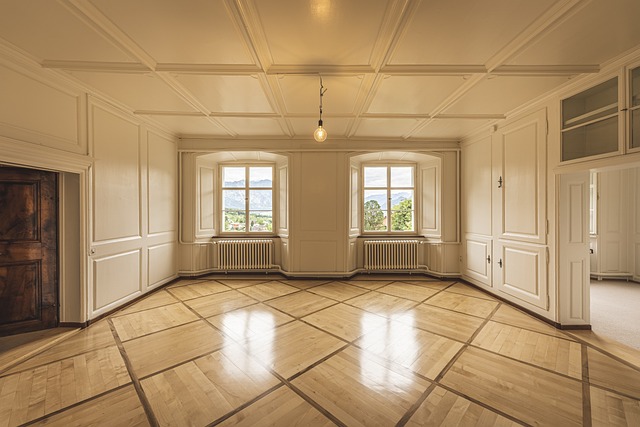
The average price of Executive Condominiums (ECs) in Singapore is influenced by a multitude of factors, which include location, property size, and market demand. Typically, ECs situated in mature estates tend to command higher prices due to their proximity to amenities, transport options, and established residential communities. The size of the unit also plays a significant role; larger units with more bedrooms are naturally pricier than smaller ones. Additionally, the stage of development or completion can affect pricing, with newer launches often fetching higher prices compared to resale units.
Market conditions, such as economic growth and interest rates, have a profound impact on the average price of ECs in Singapore. When the economy is robust, there’s usually an uptick in demand for housing, which can drive up prices. Conversely, during times of economic uncertainty or when interest rates rise, the property market may experience a slowdown, affecting the pricing of new and resale EC units. The government’s cooling measures also influence the real estate landscape, affecting affordability and desirability, which in turn affects the average price of ECs. Prospective buyers and investors should monitor these factors closely to understand the dynamics influencing EC prices in Singapore.
Average Price Analysis of New vs Resale ECs
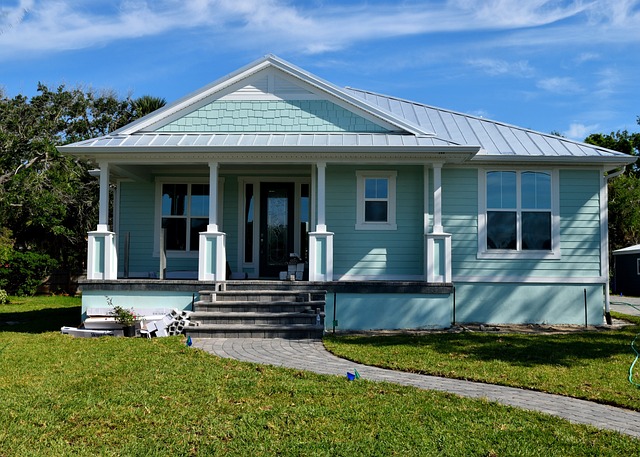
The average price of Executive Condominiums (ECs) in Singapore has been a subject of keen interest among property buyers looking for a balance between public and private housing. As of recent market analysis, new EC launches tend to command higher prices compared to resale units, reflecting the premium often placed on newer developments with modern amenities and facilities. For instance, the average price of new ECs has been influenced by factors such as location, the reputation of the developer, and the project’s unique selling points. In contrast, resale ECs offer a more affordable entry point into the EC market, though prices are on an upward trend due to factors like demand, unit condition, age, and the completion of their minimum occupation period. Prospective buyers considering new ECs should weigh the benefits of newer fittings and facilities against the higher investment outlay, while those looking at resale units may find more value in the lower price points. It’s essential for buyers to conduct thorough research and consider their long-term goals when determining whether a new or resale EC aligns with their financial planning and lifestyle preferences. Keeping abreast of the average price of ECs in Singapore, both new and resale, provides a solid foundation for informed decision-making within this dynamic housing segment.
Breakdown of Costs: Construction, Land Sales, and Additional Fees
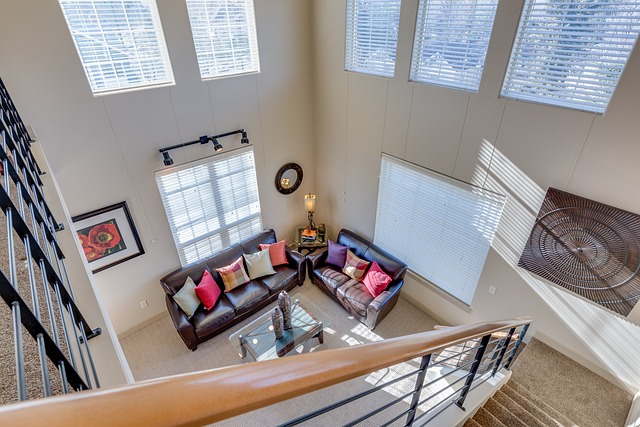
In Singapore, the Executive Condominiums (ECs) serve as an affordable housing option for both families and investors, bridging the gap between public housing and private condominiums. The average price of an EC in Singapore has been influenced by various factors, including construction costs, land sales, and additional fees. Construction costs are a significant component of the overall pricing, with variables such as material selection, labor expenses, and project complexity impacting the bottom line. Developers must navigate these costs carefully to maintain affordability without compromising on quality.
Land sales represent another critical cost factor in the EC market. The Government Land Sales (GLS) program is a primary source for acquiring land for EC development. The prices of these plots can fluctuate based on demand, location, and the condition of the property market. Additionally, developers may encounter additional fees such as stamp duties, legal charges, and other overheads that contribute to the final price point of an EC unit. These fees can vary and sometimes include differentiated pricing based on the size or type of unit being sold. Prospective buyers must consider these multifaceted costs when assessing the average price of an EC in Singapore to determine if it fits their budget and long-term financial planning. Understanding the breakdown of these costs provides a clearer picture of the true cost of ownership for these popular housing options.
Location and Its Impact on EC Prices in Singapore
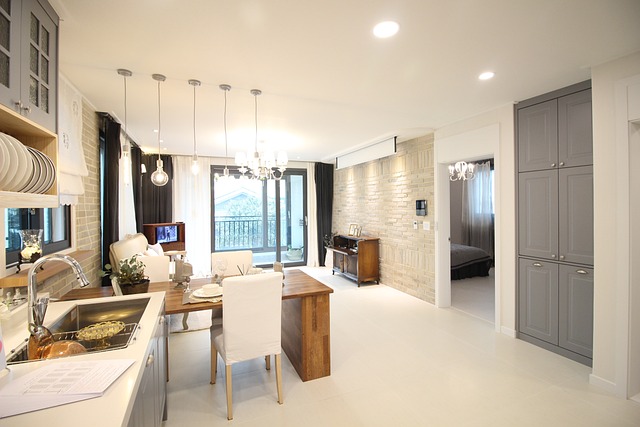
In Singapore, Executive Condominiums (ECs) serve as a unique housing option for couples who meet specific eligibility criteria, offering a stepping stone between public and private housing. The location of these ECs significantly influences their pricing, with prime district locations commanding higher prices compared to those in regional or mature estates. Factors such as proximity to the city center, transport connectivity, school catchment areas, and local amenities contribute to the desirability and thus the average price of an EC in Singapore. For instance, units near established neighborhoods like Tampines or Sengkang, which offer comprehensive facilities and are well-connected by public transportation, tend to be priced higher than those in less developed regions. The government’s land sales program also plays a role in determining prices, as sites located in highly sought-after areas typically result in ECs that reflect these premium locations in their pricing. As a result, potential buyers must consider the balance between the allure of living closer to the city and the affordability that comes with choosing an EC in a less centralized location when evaluating the average price of an EC in Singapore.
Developer Reputation and Branding Effects on EC Pricing
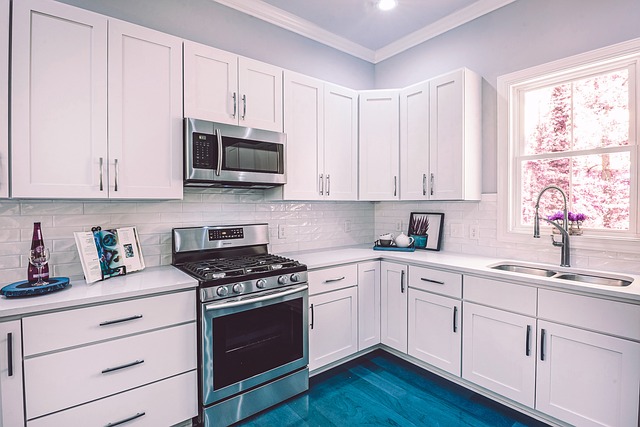
In Singapore, the average price of an Executive Condominium (EC) serves as a barometer reflecting market trends and developer reputation. Developers with a strong track record and established brand presence often command higher prices for their EC projects, primarily due to consumer trust and confidence in their quality of construction and design. These developers leverage their reputation, built through past successful launches, to price their offerings at a premium. The brand equity they possess can influence the perceived value of their ECs, allowing them to set prices that reflect this enhanced status. Prospective buyers associating luxury and reliability with certain developer brands are willing to invest more, understanding that their purchase is not solely a home but also an investment in a reputable development legacy.
Moreover, the pricing strategy of developers is influenced by the location and contextual factors surrounding the EC. Prime districts and areas with better infrastructure, schools, and amenities typically attract higher prices. Developers capitalize on these advantages by adjusting their pricing models accordingly. The average price of an EC in Singapore thus becomes a composite figure that reflects not just the cost of development but also the intangible value added by a developer’s brand and reputation in the property market. This dynamic interplay between market demand, developer standing, and real estate location underscores the complexity in determining the average price of an EC and highlights the importance of these factors in shaping the pricing landscape for ECs in Singapore.
Unit Sizes and Their Correlation with Market Rates
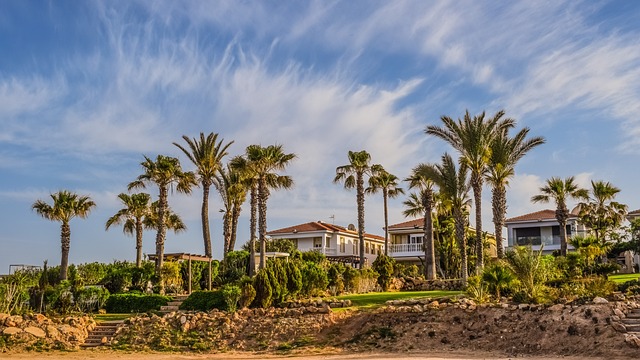
In the dynamic real estate market of Singapore, the average price of an Executive Condominium (EC) can be influenced by various factors, with unit sizes being a key determinant of market rates. Prospective buyers in Singapore often find themselves navigating a range of EC unit sizes, from compact 2-bedroom options to more spacious 4 and 5-bedroom units. Notably, the larger the unit, the higher the price point tends to be; however, the correlation isn’t always linear. The market rates for these properties are impacted by both supply and demand dynamics, as well as the location, age, and amenities offered within the development. Larger units in sought-after locales or with superior features can command premium prices, reflecting the average price of ECs in Singapore which has seen a steady increase over recent years. It’s evident that potential homeowners must consider not only their space requirements but also how these align with the prevailing market rates to make informed decisions.
The Role of Government Policies in Shaping EC Prices

The average price of Executive Condominiums (ECs) in Singapore has been influenced significantly by government policies designed to balance housing supply and affordability for both upgraders and first-time homebuyers. These policies are pivotal in shaping the real estate landscape, as they directly impact the demand and pricing of ECs. For instance, eligibility criteria for purchasing an EC are tailored to cater to Singaporean families, with restrictions on resale rights post-upgrading to a HDB flat, ensuring that these properties primarily serve the needs of the middle-income group. Additionally, the government’s strategic release of land and the adjustment of loan-to-value (LTV) ratios for ECs are measures that can cause fluctuations in pricing. These policies aim to maintain a stable property market while providing affordable housing options that reflect the average price of ECs in Singapore, which has shown resilience despite market volatilities. As such, the interplay between government regulations and the property market’s dynamics plays a crucial role in determining the cost of Executive Condominiums, making them accessible to eligible buyers within the parameters set by the national housing strategy.
Case Studies: Analyzing Recent EC Launches in Singapore

2021 and 2022 have seen a number of Executive Condominium (EC) launches in Singapore, providing valuable insights into the property market’s trajectory. Notably, the average price of ECs in Singapore has been on an upward trend, reflecting robust demand amidst limited supply. For instance, the Parc Canberra EC launched in 2018 set a new benchmark with its average pricing. Fast forward to 2021, the Rivercove Residences became one of the most affordable new ECs at its launch, attracting significant interest from potential homeowners. Its successor, the Piermont Grand, further underscored the evolving price dynamics when it was introduced in 2022, with prices reflecting the prevailing market conditions and buyer sentiment. These case studies highlight the importance of tracking recent EC launches to gauge the average price trends in Singapore’s property landscape. The pricing patterns observed in these launches provide a window into the purchasing power and preferences of first-time homebuyers, as well as investors, in the EC segment.
In conclusion, the pricing landscape for Executive Condominiums (ECs) in Singapore is shaped by a multitude of factors that include market trends, government policies, and developer strategies. The average price of ECs in Singapore has shown resilience and adaptability amidst varying economic conditions, reflecting a dynamic real estate sector. Prospective buyers must consider a wide array of elements, from the construction costs to the location’s influence on property values, as well as the impact of developer reputation and branding. It is evident that EC prices are not a one-size-fits-all figure but are instead subject to a complex interplay of variables. By understanding these factors, investors and homebuyers can make informed decisions, aligning their expectations with the realities of the Singaporean EC market. For those interested in exploring the average price of ECs in Singapore, it is crucial to delve into recent trends, government regulations, and developer offerings to navigate this unique segment of the housing market effectively.






